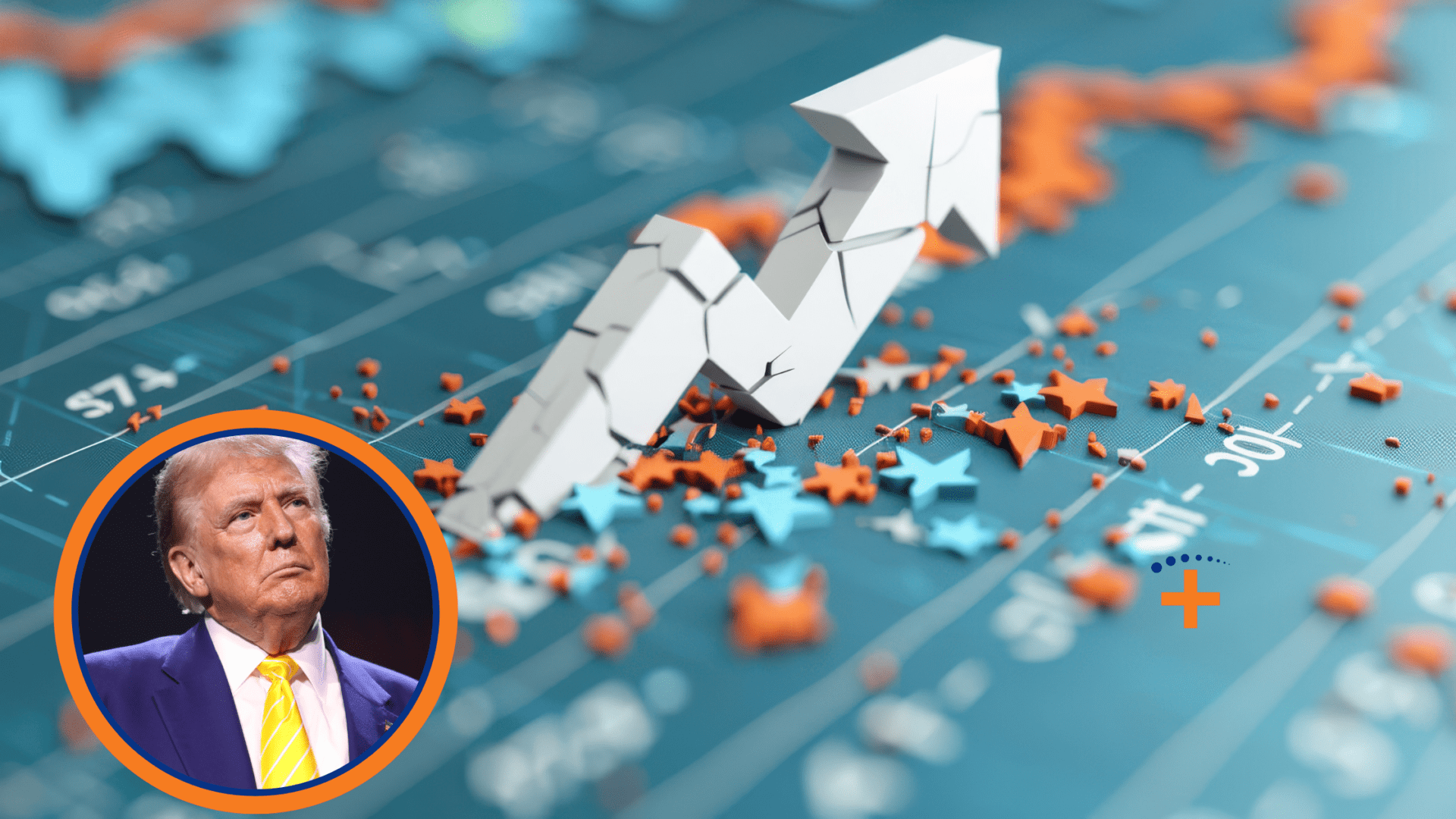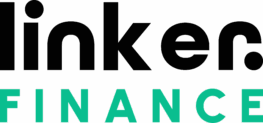Donald Trump’s second term could significantly boost investment banks, according to Kingsley Jones, CIO at Jevons Global. As reported by MSN, Trump’s pro-business policies, including deregulation and financial policy changes, will create a more favorable landscape for financial institutions, particularly in M&A and deal-making activities.
Investment Banks Poised to Benefit from Trump’s Economic Strategy
The Trump administration is generally expected to ease regulatory burdens, making deal-making more fluid. Additionally, trade tariffs designed to refocus domestic business activity could further stimulate financial markets. JPMorgan Chase and Goldman Sachs are poised to benefit, with positive momentum predicted for ETFs such as the following:
- iShares U.S. Financial Services ETF (IYG)
- iShares U.S. Financials ETF (IYF)
- Financial Select Sector SPDR Fund (XLF)
Goldman Sachs-heavy ETFs like iShares U.S. Broker-Dealers & Securities Exchanges ETF (IAI) may also see positive momentum.
Goldman Sachs CEO David Solomon has reinforced this outlook, citing increased CEO confidence and an improved regulatory climate as catalysts for a resurgence in deal-making.
Explore more Banking+ insights on Trump’s economic policies.
Banking Industry M&A Recovery: Key Trends & Market Insights
Bank M&A activity showed strong signs of recovery in late 2024. The fourth quarter saw 9,765 deals—the highest volume since early 2023—while the second half of the year recorded $1.1 trillion in transactions, the highest since early 2022. The U.S. led this activity, contributing 54 percent of global M&A, with domestic deals generating $7.2 trillion, compared with $6.3 trillion from non-U.S. targets.
Despite these gains, fourth-quarter M&A volume declined nearly 30 percent year-over-year, owing to tough comparisons. Financials led the quarter, however, with $90.1 billion in transactions, driven by several high-profile deals. Market conditions have also improved, supported by moderate Fed rate cuts and easing inflationary pressures, enhancing the appeal of M&A transactions.
Will Trump’s Tariffs and Inflation Impact M&A Activity?
Although Trump’s impact on the banking industry seems generally optimistic proposed tariffs could drive inflation higher, potentially limiting the Fed’s ability to cut interest rates further. If borrowing costs remain elevated, deal-making could face headwinds despite a broadly favorable environment.
For investors looking to capitalize on M&A activity, ETFs such as NYLI Merger Arbitrage ETF (MNA), AltShares Merger Arbitrage ETF (ARB), First Trust Merger Arbitrage ETF (MARB), and ProShares Merger ETF (MRGR) present strategic opportunities.
For a deeper dive into the Trump administration’s impact on investment banks, read the full analysis on MSN.



















